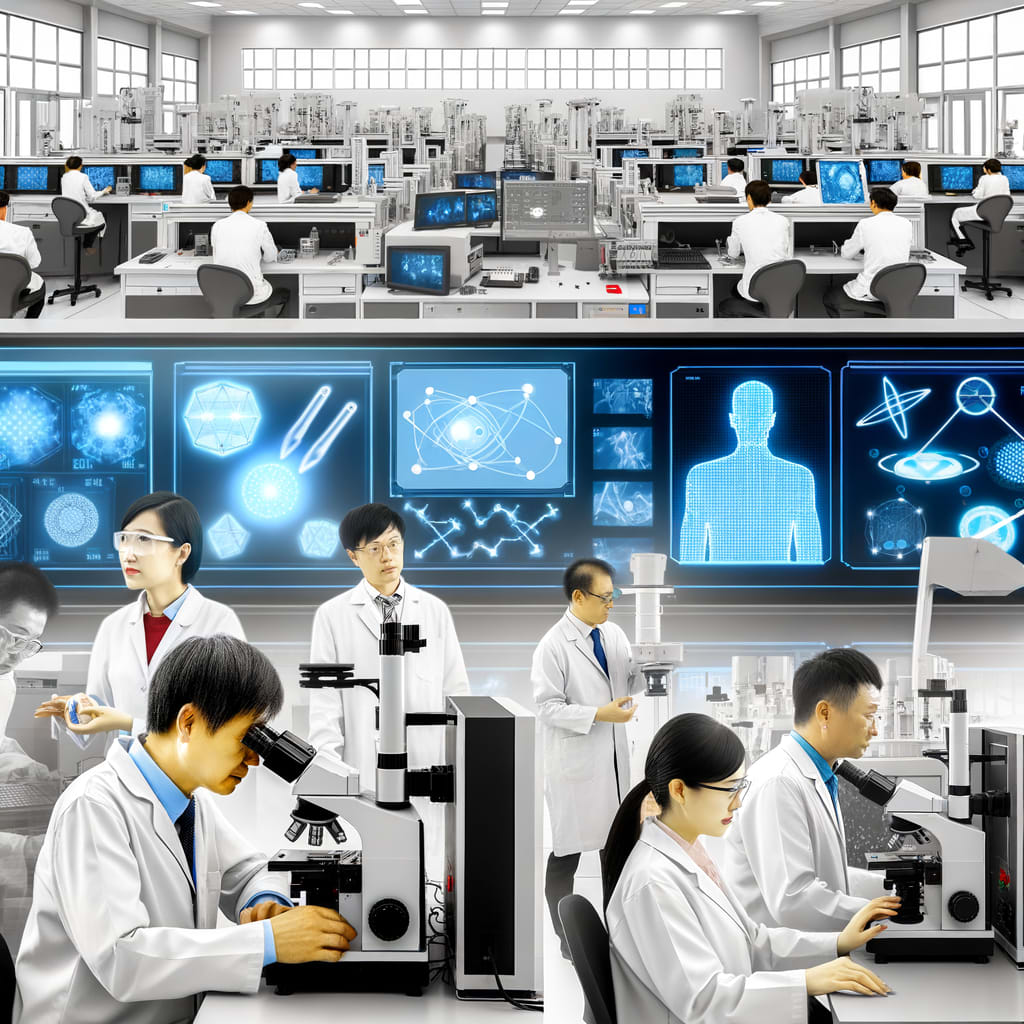China Pledges Technological Self-Reliance Amid US Focus on Hi-tech Strategy
In the escalating trade and tech war, China has pledged a large focus on developing technological self-reliance. This comes in contrast to the advice of Biden-era officials, who urge Washington to focus on strategic, cutting-edge technologies instead of reviving domestic manufacturing.
A Shift in Global Industrial Policy
According to the South China Morning Post, former members of the Joe Biden administration suggest that the US should concentrate its industrial policy on areas where it has a competitive edge, rather than attempting to revive manufacturing wholesale. This advice comes at a time when the US is pondering whether to adopt some strategies from China's playbook, as the competition between the two superpowers intensifies.
Meanwhile, Al Jazeera English reports that China is betting big on advanced technology in its five-year plan to kickstart the economy.
China's Five-Year Plan
The South China Morning Post and The Hindu reported that at the conclusion of the fourth plenum of the Communist Party's Central Committee, China promised to make notable progress in pursuing high-quality development
and to substantially improve
its technological self-reliance and innovation capacity over the next five years.
RT (Russia Today) added that this push for technological independence comes amid a deepening trade war with the US. Beijing's new five-year plan aims to achieve substantial improvements in scientific and technological self-reliance and strength
between 2026 and 2030.
Implications and Reactions
Analysts have noted a comprehensive trade agreement between the US and China is unlikely in the near term despite conciliatory signals from the US, as reported by the South China Morning Post.
In the middle of this, Fox News highlights the rise in AI-related jobs, indicating a shift in the job market and the importance of technology in the future economy. The narrative suggests that instead of fearing the rise of AI, individuals could consider it an opportunity, with many companies hiring for AI-related roles that don't necessarily require a computer science degree.
Conclusion
While the US is urged to focus on strategic hi-tech areas, China has made it clear that it is committed to becoming technologically self-reliant. This divergence in strategy comes amid escalating trade tensions and an ongoing debate about the future of manufacturing in the US. With both nations making significant bets on technology, the global industrial landscape is set to undergo major transformations in the coming years.

